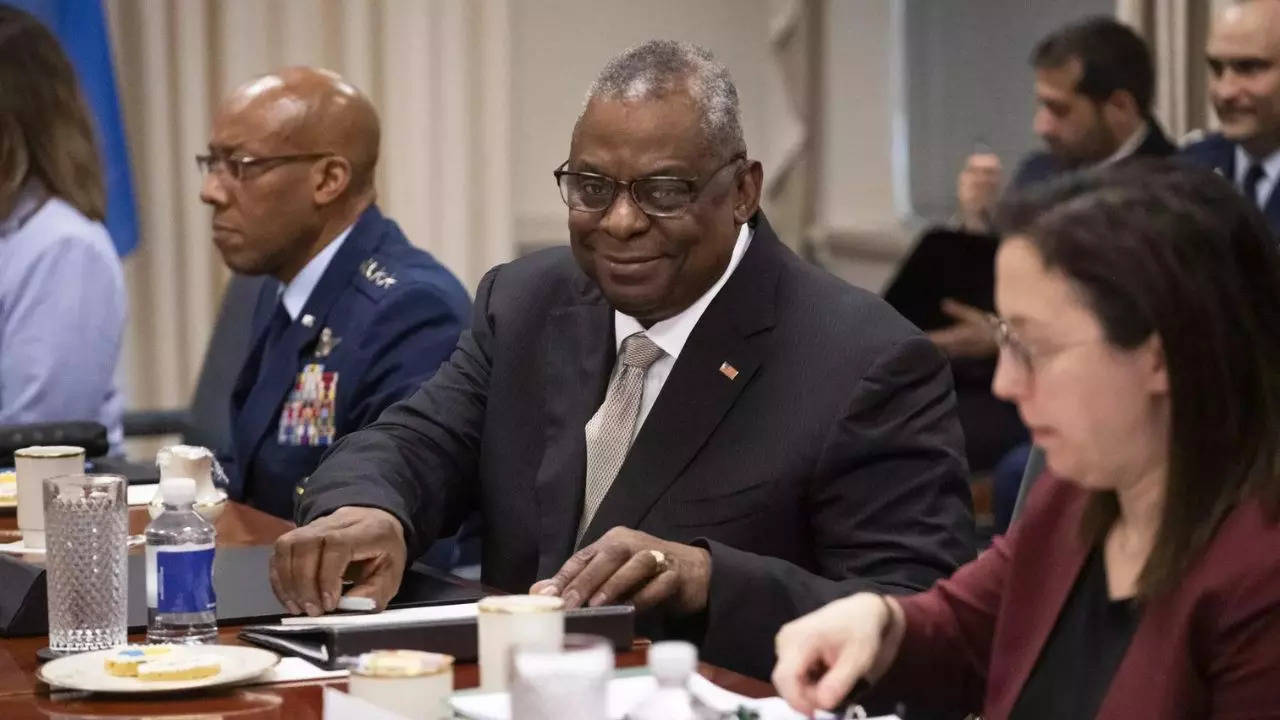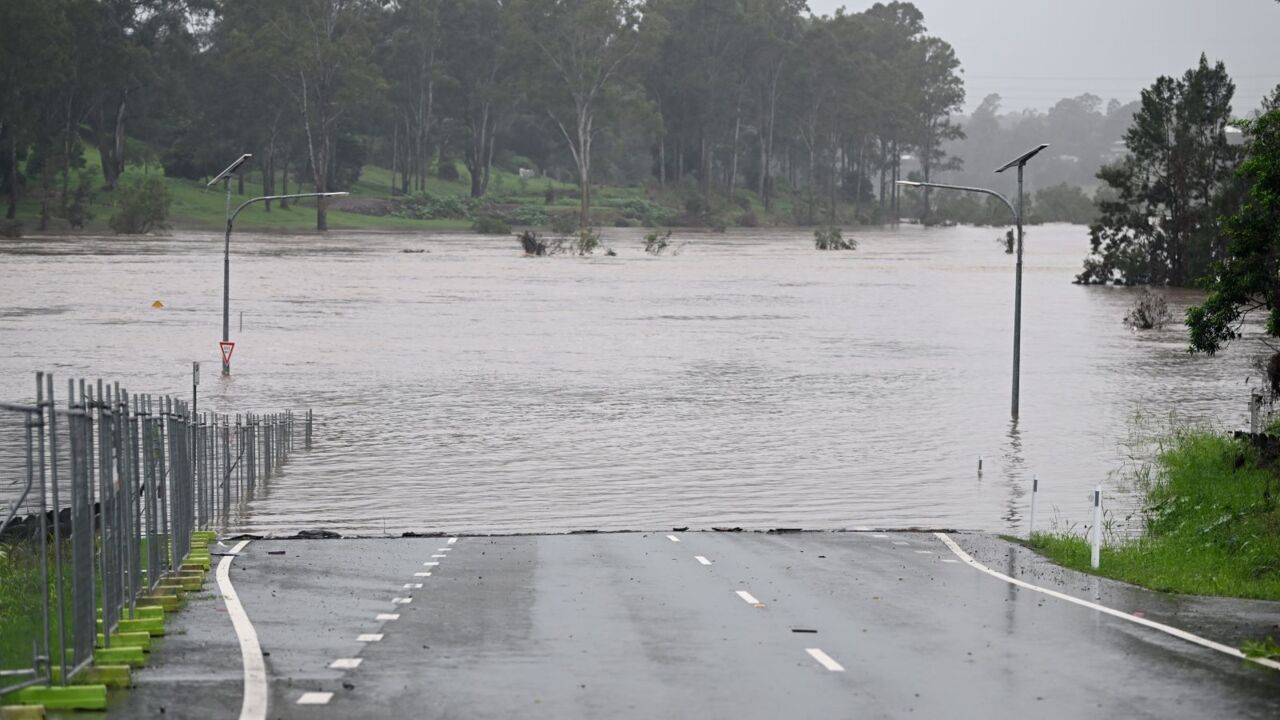[ad_1]
TEL AVIV: US defense secretary Lloyd Austin arrived in Israel on Monday for talks expected to focus on Israel’s eventual end to high intensity war in Gaza and its transition to a more limited, focused conflict, officials say.For Austin, the trip is a delicate balancing act. He has steadfastly supported Israel’s right to defend itself following Palestinian militant group Hamas’ surprise October 7 attacks.But he has also become increasingly vocal about the plight of civilians in Gaza as Israaeli strikes drive up casualties. In a speech earlier this month, Austin went as far to call civilians the “center of gravity” in Israel’s war with Hamas, Gaza’s ruling Palestinian Islamist movement, and warned about the risks of their radicalization. A senior US defense official told reporters traveling with Austin that he was expected to discuss Israel’s planning for a transition to the next phase of the war in his talks with senior Israeli leaders, including prime minister Benjamin Netanyahu and defense minister Yoav Gallant. “What you see in terms of the high-intensity ground operations, plus air strikes, today is not going to go on forever. It’s one phase of a campaign,” the official said. “We have an interest in supporting the Israelis in planning for what a transition looks like when they make the decision that major ground operations should end and they’re ready to transition.” Michael Eisenstadt, director of the military and security studies program at the Washington Institute for Near East Policy, said both the US and Israel seemed to agree on an eventual transition to a next phase of the campaign. But Washington wants that to happen sooner, perhaps in a few weeks, while Israel feels it needs more time, he said. “So they are in basic agreement about the way ahead, and the need to eventually transition to a more targeted approach, but there are differences regarding the timeline,” he said. When US national security adviser Jake Sullivan visited Israel last week, Netanyahu told him Israel would fight “until absolute victory”. Defence minister Yoav Gallant said the war would “last more than several months”. With fierce ground fighting having expanded this month across the length of the Gaza Strip and aid organizations warning of a humanitarian catastrophe, Biden said last week that Israel risked losing international support because of “indiscriminate” air strikes killing Palestinian civilians. Austin, a retired four-star general, oversaw US forces in the Middle East and even led US forces in Iraq while in uniform, giving him perspective on battlefield transitions in military campaigns that could aid discussions with Israeli officials, the defense official added. Austin, the official said, had familiarity with how to undertake military actions “on the other side of high-intensity conflict to ensure that the military reconstitution of Hamas in this case is not viable or feasible”. In a sign of the Biden’s administration’s intense focus on the Israel-Hamas conflict, Austin will be accompanied in Israel by the chairman of the US military’s Joint Chiefs of Staff, Air Force General Charles “CQ” Brown. Austin and Brown are also grappling with regional fallout from the war, with Iran-aligned groups carrying out waves of attacks against US troops in Iraq and Syria and Yemen’s Houthi movement striking vessels in the Red Sea in support of Hamas. The Iranian-backed Houthis said over the weekend they had attacked the Israeli Red Sea resort of Eilat with a swarm of drones. The US Central Command said the destroyer Carney on Saturday shot down 14 Houthi drones over the Red Sea. Britain also said one of its warships had shot down a suspected attack drone targeting merchant shipping.
[ad_2]
Source link






















